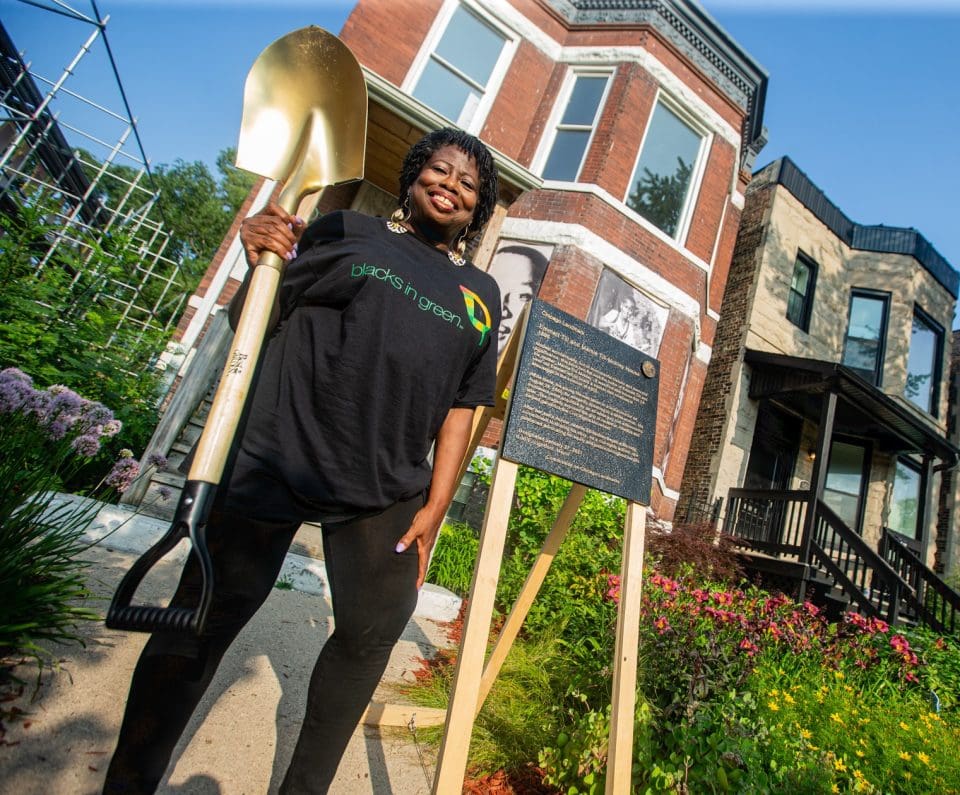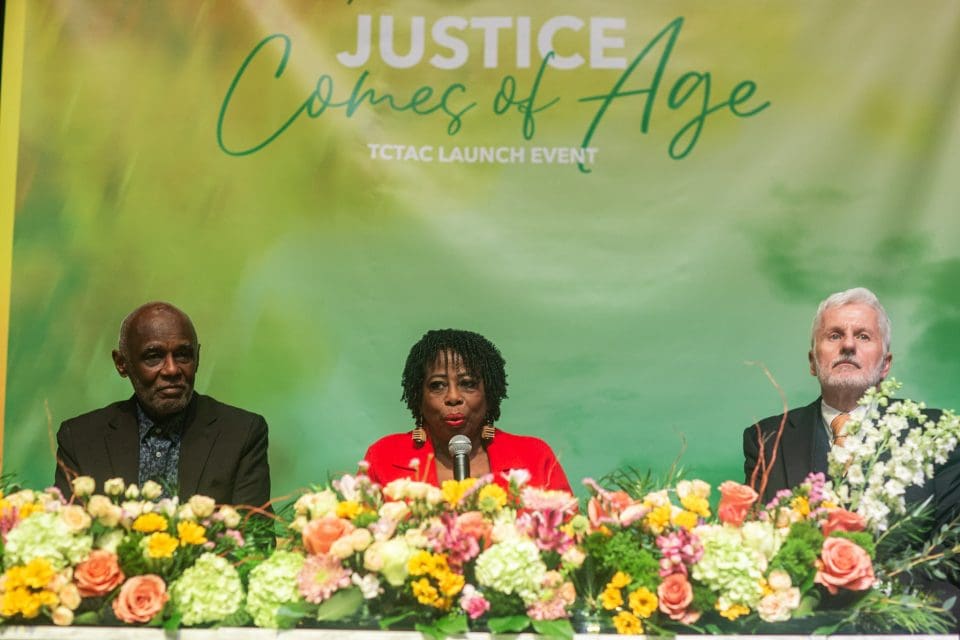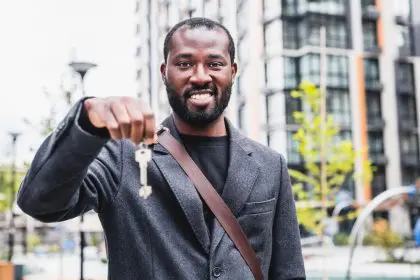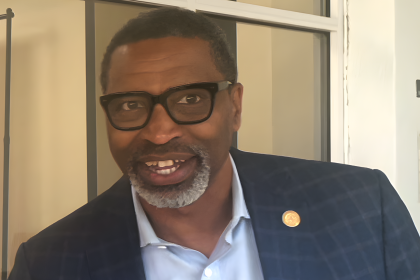In a enlightening session of “CEO to CEO,” Munson Steed opens the door for Naomi Davis, founder and CEO of Blacks in Green (BIG) to talk about uplifting and empowering Black communities through sustainability and the green economy, deeply rooted in her cultural heritage and personal history.
Naomi draws her inspiration from a rich family history, being a proud granddaughter of Mississippi sharecroppers. Her grandmother, Adelia Thompson Siggers, provided a profound influence on Naomi’s life, instilling values that blend traditional wisdom with sustainable practices. This ancestral wisdom forms the foundation of “Grannynomics,” a term Naomi coined to describe the economic philosophy she practices and teaches through BIG.

The core philosophies of Blacks in Green
BIG’s mission revolves around transforming Black neighborhoods into self-sustaining, green villages. Naomi has developed several frameworks that guide this work:
- The 8 principles of green-village-building: This framework outlines steps for creating self-sufficient communities that are both economically vibrant and environmentally sustainable.
- The sustainable square mile: A strategic initiative that promotes local self-reliance, encouraging residents to access essential services within walking distance of their homes, thus reducing environmental impact and fostering economic growth.
- Grannynomics: Named in honor of her grandmother Siggers, this concept merges traditional wisdom with modern sustainability, advocating for local production and consumption to strengthen economies and reduce environmental footprints.
Naomi discusses BIG’s practical applications of these theories through several innovative projects:
- Energy sovereignty: She highlights the importance of communities generating their own energy, which reduces reliance on external sources and retains economic benefits within the community. BIG’s community-driven solar power projects and geothermal energy solutions exemplify this practice.
- Community governance: Stressing the significance of community ownership in resource management, Naomi explains how BIG ensures that economic activities are directly beneficial to the residents.
- Cultural revitalization: Through projects like the restoration of the Emmett and Mamie Till-Mobley House, BIG integrates green building practices with cultural heritage, turning historical sites into beacons of community identity and pride.
Championing the green economy
Naomi passionately articulates how adopting green economy principles is crucial in addressing the racial wealth gap. She connects environmental justice with economic equity, detailing how sustainable practices in energy production and housing can drastically improve living conditions and economic opportunities in Black communities.
The interview delves into BIG’s active role in advocating for policies that support equitable community development. Naomi highlights legislative efforts and public funding opportunities that bolster community-led green initiatives, promoting laws that ensure energy affordability and environmental equity.
Reflecting on the importance of nurturing future leaders, Naomi stresses the critical role of young people in continuing the green economy movement. She encourages the youth to engage with sustainable community development principles, highlighting their potential to advance these initiatives into the future.
Naomi discusses how BIG engages with communities to educate and empower residents to take part in sustainable practices. Through workshops, lectures, and community projects, BIG not only teaches sustainable techniques but also fosters a sense of ownership and pride among community members.
Naomi also touches on the broader implications of local sustainability efforts, explaining how these small-scale initiatives contribute to global environmental goals. By focusing on local changes, communities can play a significant role in tackling global challenges like climate change and resource depletion.

Reflecting on a vision: Naomi Davis’ commitment to sustainability
Steed concludes the interview with a profound expression of admiration for Davis’s relentless dedication and the impact of her organization, Blacks in Green (BIG). His words highlight the significant insights shared during their conversation, which not only illuminate the pioneering work being done by BIG but also serve as a potent call to action for both communities and individuals. Steed stresses the importance of these revelations for inspiring continued engagement and proactive involvement in sustainable practices.
The dialogue between Steed and Davis goes beyond a mere exchange of ideas; it is a vibrant narrative that invites us to reconsider our interactions with the environment and our economic frameworks. Through Davis’s visionary leadership, BIG champions a future where Black communities lead in creating sustainable and prosperous environments. This conversation is not just informative but a rallying cry for collective action, urging us to support and participate in the movement towards a sustainable and equitable future. It’s a reminder that every individual has the potential to contribute to systemic change, paving the way for a world where sustainability and community prosperity go hand in hand.
AI assisted in summarizing this episode of CEO to CEO.








